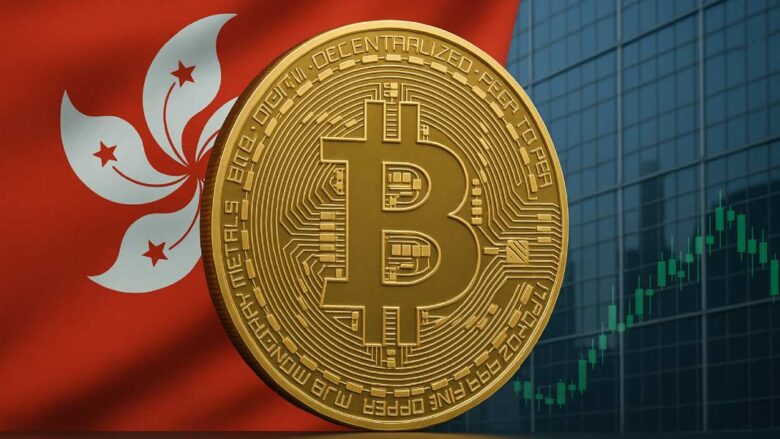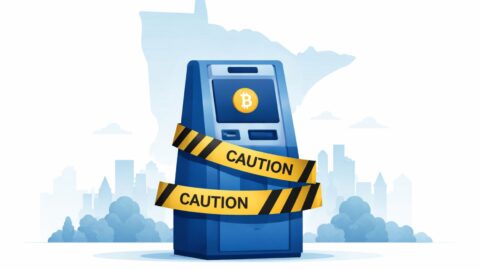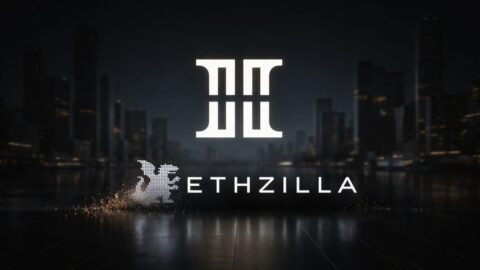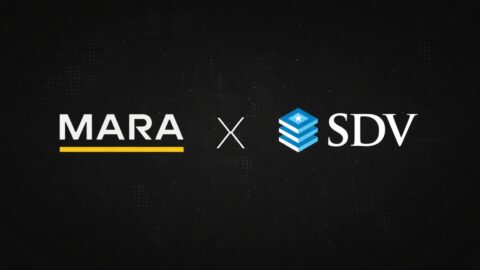China has advised several domestic brokerages to pause their tokenization of real-world assets (RWA) in Hong Kong, reflecting growing regulatory caution as the city pursues its ambitions to become a global digital finance hub.
Key Takeaways
- China’s securities regulator issued informal guidance asking top brokerages to suspend RWA tokenization activities in Hong Kong.
- The move highlights a policy divide between mainland China’s cautious stance and Hong Kong’s push for digital asset leadership.
- Tokenization of real-world assets is gaining momentum globally, with predictions of market growth exceeding $30 trillion by 2030.
- The pause is not a formal ban but is expected to slow new RWA initiatives by major brokerages operating in the region.
What Happened?
The China Securities Regulatory Commission (CSRC) has reportedly contacted at least two major brokerages in recent weeks, advising them to halt their tokenization work in Hong Kong. While the guidance is informal, it signals a tightening of oversight on offshore digital asset activities, especially those involving traditional assets converted into blockchain tokens.
JUST IN: 🇨🇳 China’s securities regulator instructs leading Chinese firms to pause their real-world asset (RWA) businesses. pic.twitter.com/nMxmfD9vu8
— Whale Insider (@WhaleInsider) September 22, 2025
China Hits the Brakes on RWA Growth
RWA tokenization involves converting physical or traditional financial assets such as bonds, equities, and real estate into digital tokens that can be traded on blockchain platforms. For Chinese firms, especially brokerages looking to diversify their business, this sector offered a promising new stream of revenue.
However, the CSRC’s recent guidance appears rooted in concerns over risk management, particularly ensuring that companies’ digital asset claims are backed by real operations. The action reflects Beijing’s ongoing efforts to limit exposure to crypto-related activities following its 2021 ban on cryptocurrency trading and mining.
This latest move is part of a broader regulatory trend. Just weeks earlier, authorities asked major brokers to stop publishing research supporting stablecoins, highlighting a continued effort to curb market enthusiasm driven by Hong Kong’s more open digital asset stance.
Hong Kong’s RWA Vision Faces a Regulatory Speed Bump
Hong Kong has been actively positioning itself as a regional leader in blockchain and digital finance. The city launched initiatives to regulate stablecoin issuers and began exploring the tokenization of real-world assets through its Financial Services and the Treasury Bureau (FSTB) and the Hong Kong Monetary Authority (HKMA).
Despite China’s hesitations, local firms have surged ahead:
- GF Securities launched “GF Tokens,” backed by multiple currencies including the U.S. dollar and offshore renminbi.
- China Merchants Bank International assisted Shenzhen Futian Investment in raising 500 million yuan ($70 million) via an RWA-based digital bond.
- Linklogis, a top supply chain fintech firm, partnered with the XRP Ledger to expand its global tokenization efforts.
Meanwhile, stock prices for companies tied to digital asset developments have seen strong gains. Guotai Junan International, a state-owned firm, experienced a 400 percent stock surge after it received approval for crypto trading services.
Yet, even as Hong Kong presses forward, firms now face a period of uncertainty and reassessment. Brokerages are expected to revisit compliance protocols, postpone launches of new tokenized products, and engage with regulators to seek clarity on future paths.
A Global Push for Tokenization
The timing of China’s caution stands in contrast with global momentum toward tokenizing traditional assets. The European Commission, London Stock Exchange Group, and even financial institutions in Dubai are embracing tokenization in various formats.
- The London Stock Exchange Group launched a blockchain platform for private funds and completed its first transaction.
- Dubai approved a tokenized money market fund, signaling institutional buy-in.
- Financial giants like Binance and Franklin Templeton are rolling out their own tokenization products.
According to data from The Block, RWA tokenized products already exceed $13 billion in value. Long-term estimates from firms like Standard Chartered and Citi project that RWA markets could surpass $30 trillion by 2030.
CoinLaw’s Takeaway
In my experience watching the evolving world of digital finance, this move is classic China – slow and cautious, even when the rest of the world is running ahead. I totally understand the urge to protect retail investors and avoid financial instability, but pulling the brakes too hard might mean missing out on one of the biggest innovations in capital markets.
Hong Kong is playing the long game, trying to strike the right balance between risk and innovation. It is smart for regulators to slow things down if the rules are not yet in place, but it’s just as important that the pause doesn’t become a freeze. The global race toward tokenization is heating up, and Hong Kong’s head start could be squandered if these frictions persist.


































































